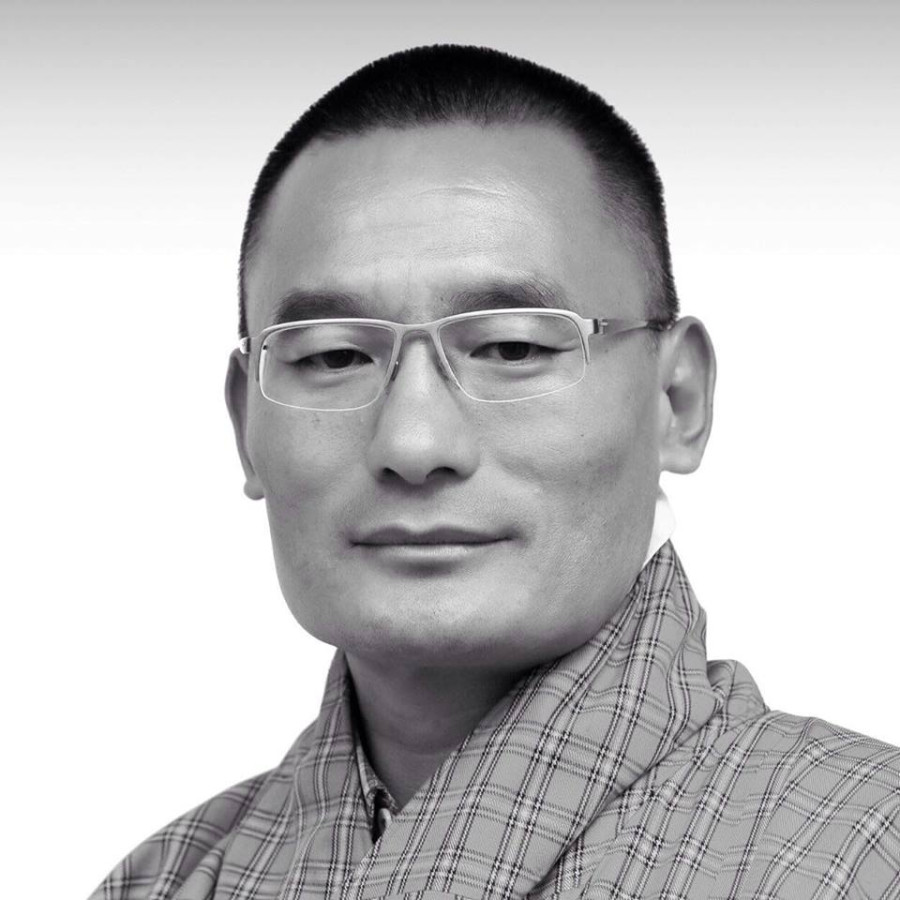Miscellaneous
Bhutan PM refuses to take refugees back
Calling those resettled Bhutanese Americans is erroneous: Tobgay
While Nepali officials are hoping to repatriate the remaining Bhutanese refugees living in camps in eastern Nepal, Bhutan’s prime minister has categorically refused to accept any of them as his fellow countrymen, ruling out any possibility of repatriation.
In response to a letter sent by US Senator from New Hampshire Jeanne Shaheen, which urges Bhutanese Prime Minister Tshering Tobgay to allow family reunification of remaining Bhutanese refugees in Nepal, the latter has described them as “non-nationals and illegal immigrants”. He has also accused the UNHCR of admitting refugees without screening their origin and questioned the origin of Bhutanese refugees.
“The camps in eastern Nepal were opened in 1991 by the government of Nepal, which sought UNHCR assistance, when there were only 304 people claiming to be ‘Bhutanese refugees’. Until mid-1993, any ethnic Nepali claiming to be from Bhutan was admitted into the camps without screening,” PM Tobgay has written.
“The absence of a proper screening procedure, allowed persons of all antecedents to congregate in the camps in Nepal. The camps set up by the UNHCR provide free facilities such as food health and education which attracted many destitute people from the region, who entered the camps claiming to be ‘refugees’ from Bhutan.”
In his letter dated June 6, 2016, Tobgay has also argued that the camps were “infiltrated by Maoists and communists elements to end monarchy in Bhutan”, and cited several examples of armed attack inside Bhutan between 1992 and 1993. In his letter, Tobgay has tried to build a broad case against repatriation.
He was responding to letter from US Senator Shaheen on April 25, 2016 that called on him to personally assist in the family reunification of the refugees in Bhutan.
“I hope you will agree that the current process for family reunification is woefully inadequate. I urge you to study the situation personally and to show compassion towards people who have been living in refugee camps for a generation,” wrote Shaheen, a senator from New Hampshire where several thousand Bhutanese refugees have been resettled.
Senator Shaheen has also mentioned that so far only one refugee’s application for return had been approved by Thimphu. It is not immediately clear what process she was referring to. In the past, UNHCR officials had hinted at negotiations with Thimphu to repatriate few individuals on humanitarian grounds. “I also understand your government has committed to considering requests from refugees hoping to reunify with their families in Bhutan. And yet, I am told that only one person has been approved to return to Bhutan under the current process, and he died before he could act on the approval.”
Senator Shaheen has also urged Tobgay to provide visas for resettled refugees to travel to Bhutan to meet their families.
On June 9, another US Senator from New Hampshire, Kelly A Ayotte had written to US Secretary of State John Kerry, expressing concern that the resettlement programme would conclude in 2017 leaving thousands of refugees behind without home.
“Many of the remaining refugees in Nepal are elderly, and their final wishes are to return to their home of Bhutan where their families have lived for hundreds of years,” wrote Ayotte. “I ask you, working with the international community, to secure the agreement of the Kingdom of Bhutan to allow those Bhutanese refugees in Nepal who want to return to Bhutan to do so in the near future.”
In response, US Assistant Secretary of State for Legislative Affairs Julia Frifield, responding on behalf of Kerry, said that the “US continues to press Bhutan to contribute to resolution of this protracted situation”.
Interestingly Frifield also referred to US effort to find long-term solutions within Nepal.




 12.12°C Kathmandu
12.12°C Kathmandu









